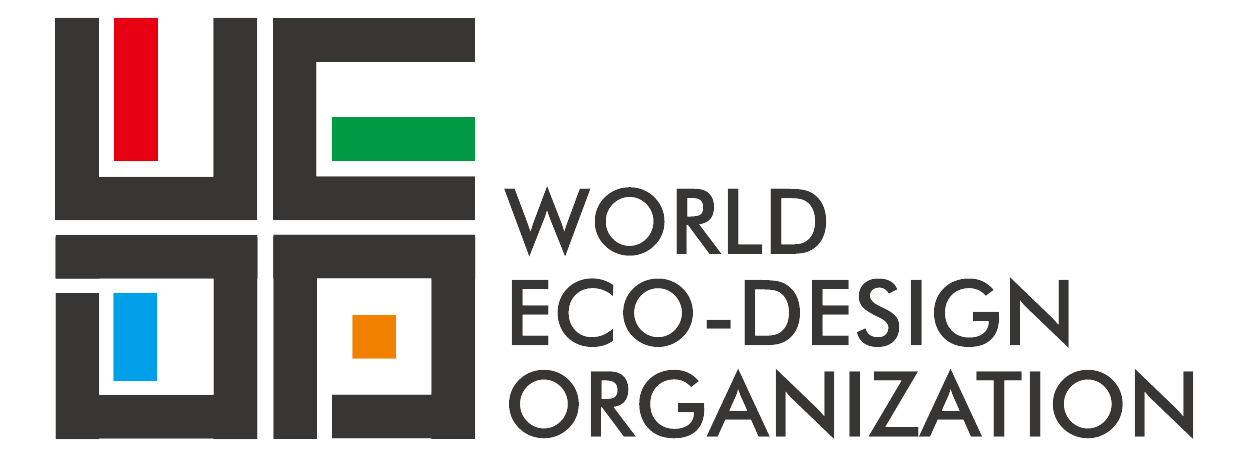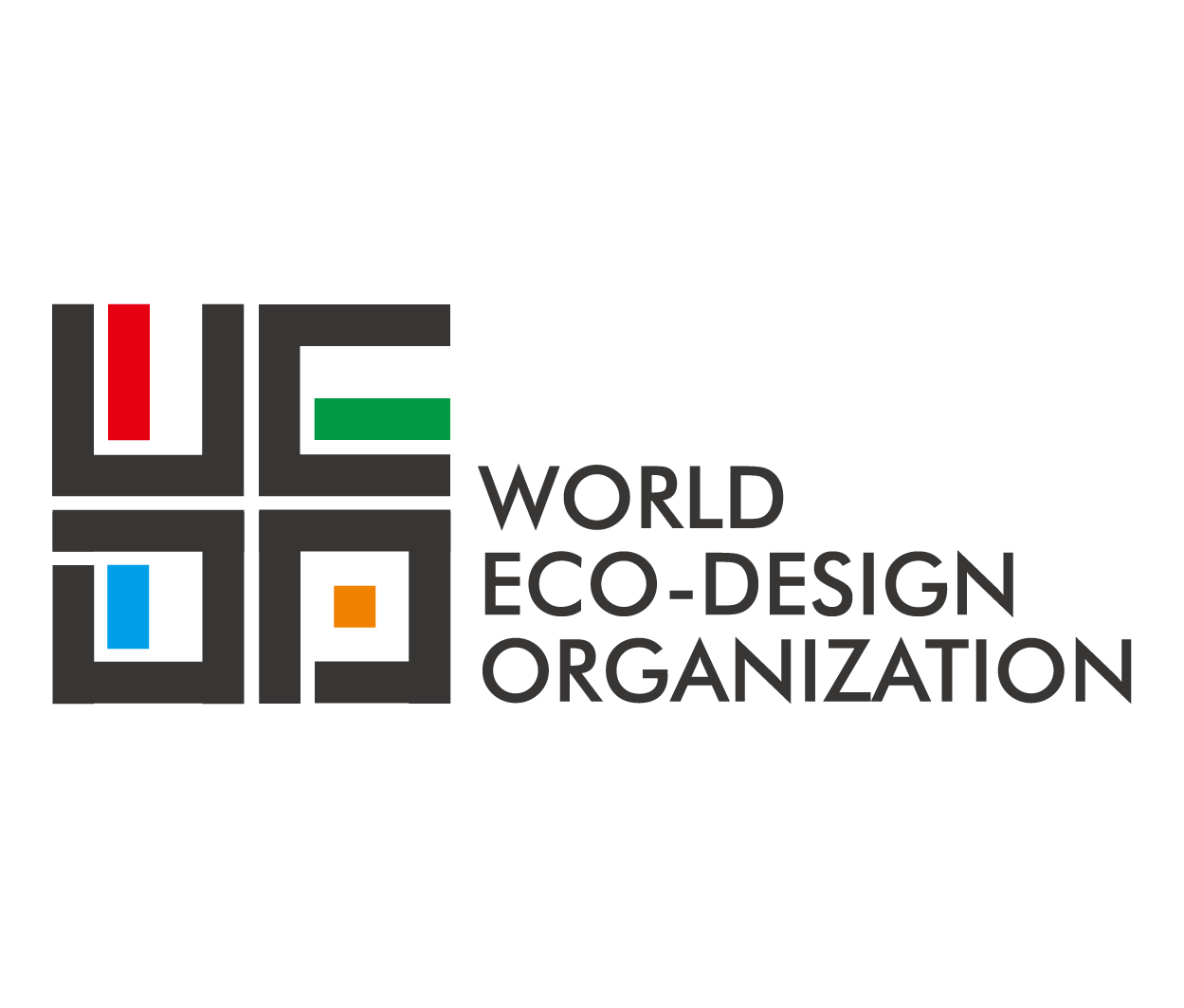On March 26, 2025, the World Eco-Design Conference (WEDC 2025) was held in Bangkok, Thailand. Co-hosted by the United Nations Technology Bank for the Least Developed Countries (UN Technology Bank) and the World Eco-Design Organization (WEDO), the conference focused on the theme of “Empowering LDCs, Advancing the SDGs.” The conference attracted important participants from various sectors worldwide, including representatives from Thailand, Embassies and Consulates in Thailand, academia, industry, the UN Technology Bank and the WEDO. During the conference, we had the honor of interviewing several experts who shared their profound insights on empowering LDCs and advancing the SDGs. The interviews focused on how international collaboration, technological innovation, and education can drive global sustainable development and provide practical development pathways for LDCs.
Interview with Mr. Deodat Maharaj
Interview with Professor Pichai Sonchaeng
Professor Pichai Sonchaeng, General Secretary of Thai-Sino Association of Science and Technology, stated that as a bridge for scientific and technological exchanges between Thailand and China, the association focuses on five key areas: food and agricultural innovation technology, health and wellness technology, renewable energy, environment, and education. The Thai-Sino Association of Science and Technology expects to establish a closer cooperative relationship with the WEDO, conduct in-depth collaboration in relevant fields, and jointly explore the technological needs and cooperation opportunities of LDCs, laying a solid foundation for achieving the SDGs.
Interview with Professor Zhang Fuchang
Professor Zhang Fuchang, Honorary Dean of School of Design at Jiangnan University , pointed out that as global social development accelerates, eco-design is playing an increasingly vital role in driving sustainable development. However, this progress also brings significant environmental challenges and concerns regarding cultural heritage preservation. In the realm of eco-design education, he advocated for enhanced international collaboration and exchange to cultivate professionals who can adapt to the unique conditions of different countries. He underscored the need for design education to adopt a more systematic and interdisciplinary approach, fostering talent capable of tackling complex challenges. Furthermore, he emphasized that academic exchange and collaborative innovation are essential drivers for advancing the field of eco-design.
Interview with Professor He Xiaoyou
Professor He Xiaoyou, Former Vice President, Nanjing University of the Arts and Director of the Art Committee of the WEDO, emphasized the pivotal role of design thinking in driving sustainable development. At its core, design is about harmonizing the relationship between people, objects, and the environment while elevating the quality of human life. It serves not only as a catalyst for technological innovation but also as a platform for humanistic care. For LDCs, harnessing the essence of their local cultures and integrating it with modern technology and human needs can foster the creation of distinctive local brands and national identities. This approach not only strengthens cultural representation but also propels the application of art and design in global sustainable development.
Interview with Professor Ying Fangtian
Professor Ying Fangtian, Director General of the WEDO, emphasized that empowering LDCs requires efforts in three key pillars: education, innovation, and industry. In education, adopting a multidisciplinary, cross-industrial, and cross-cultural approach is essential to helping LDCs build future-oriented education systems and cultivate talent with a global vision. In innovation, fostering collaboration with international partners, particularly relevant United Nations agencies, will be crucial in establishing transnational, cross-cultural, and interdisciplinary research institutions. These institutions will drive the development of adaptable, general-purpose technologies tailored to the needs of LDCs while strengthening their capacity-building efforts. In industry, the integration of academia, research, and industry is vital for accelerating the commercialization of innovative technologies. Professor Ying emphasized that WEDO is committed to empowering LDCs through education, innovation, and industry, working in partnership with international organizations to advance their sustainable development goals and inject fresh momentum into global sustainability initiatives.
Interview with Mr. Wen Guoshu
Mr. Wen Guoshu, Deputy Director General of the WEDO, shared the organization's strategic planning and practical experience in promoting global sustainable development. Mr. Wen pointed out that the development of businesses in international markets heavily relies on support from industrial policies. The WEDO is committed to promoting international cooperation at the policy level, assisting businesses in planning ahead, and ensuring that their projects can be successfully implemented in target countries. He expressed the hope that, through international conferences, the organization can provide a platform to share the successful experiences and international expansion strategies of Chinese companies, and promote the replication and implementation of their models in other countries.
Interview with Professor Yao Yousheng
Professor Yao Yousheng, Deputy Dean of the He Xiangning College of Art and Design at Zhongkai University of Agriculture and Engineering, shared his profound insights on rural revitalization, industrial development, and talent cultivation. He suggested that talent should be nurtured through a combination of education and practical experience to meet the development needs of rural areas. When applying local practical experience to LDCs, cultural differences must be considered to achieve cultural integration, thereby promoting the economic and sustainable development of these countries.
Through in-depth discussions with experts during this conference, we gained valuable insights into advancing sustainable development in LDCs. The unique perspectives of these experts in their respective fields provided critical viewpoints for the WEDC 2025 and offered profound inspiration for achieving global sustainable development goals. This exchange not only enriched the conference content but also laid a strong foundation for future international collaboration. Let us join forces to empower LDCs and contribute to the progress of SDGs.






 en
en



 Guangzhou,China
Guangzhou,China +86 - 19925740779
+86 - 19925740779 wedc@vip.126.com
wedc@vip.126.com










